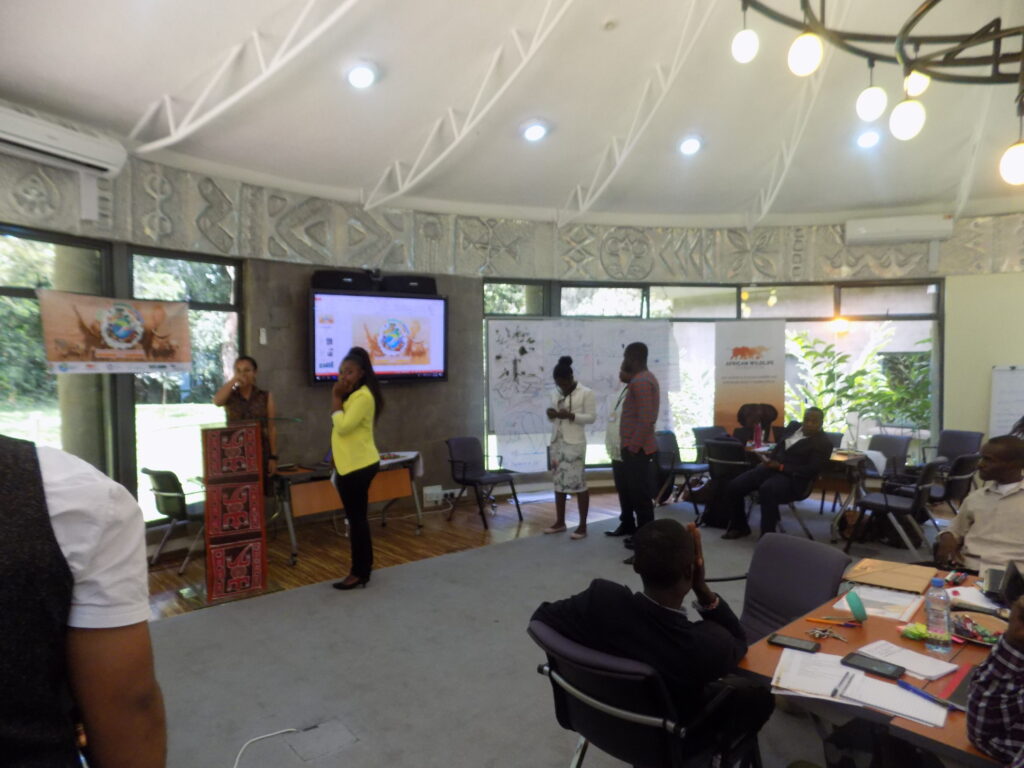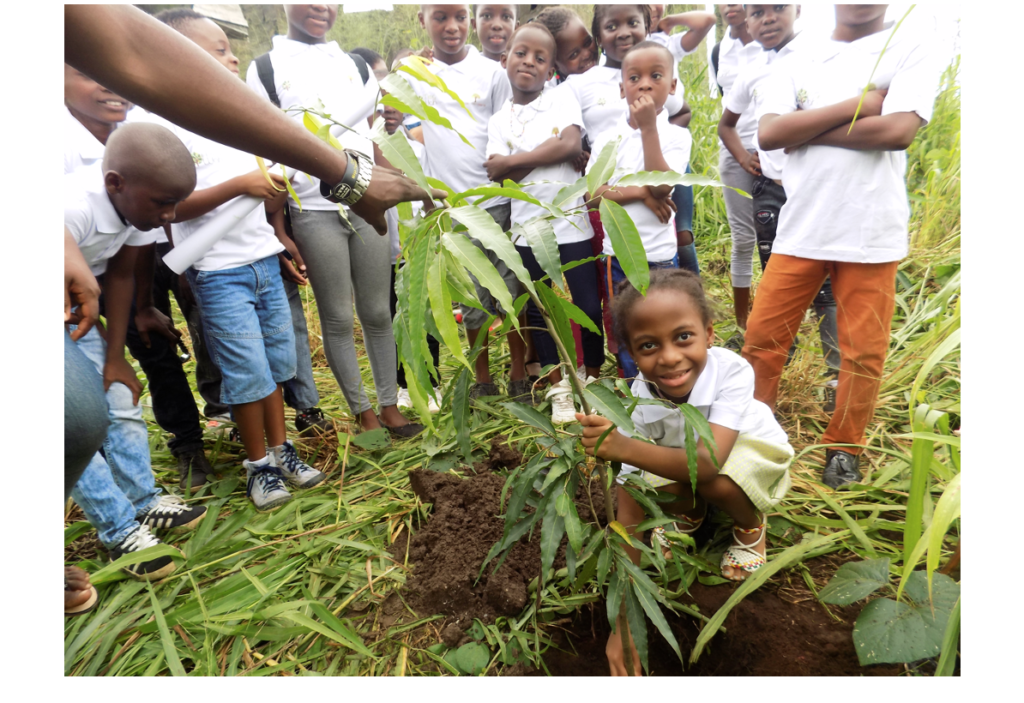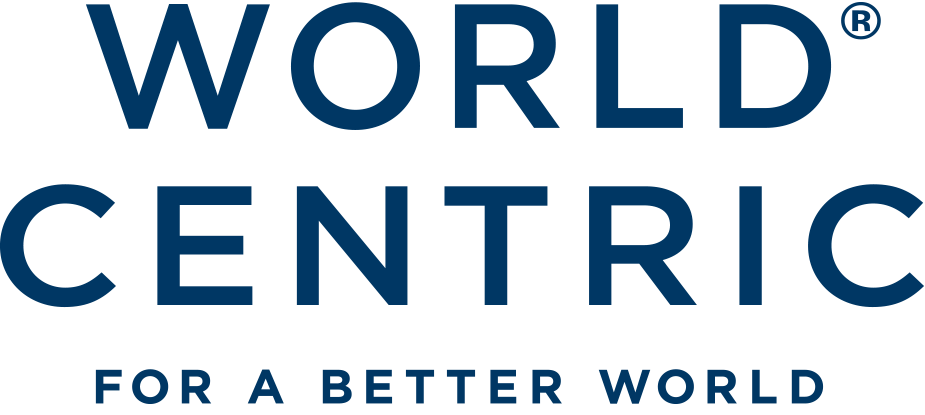
 Read More
Read More


Learning To Build a Better World Together
Accredited by United Nations Environment Program (UNEP) and with a special consultation status with the UN Economic and Social Council (ECOSOC). The organization seeks to create an environmentally conscious & passionate communities in Cameroon.



Meg Wah Background
Background
According to the United Nations FAO, 42.1% or about 19,916,000 hectares of Cameroon is forested. Of these forest cover, 18.1% or around 4,400,000 hectares is lost annually. Meg Wah wants to see a Cameroon where humans live in harmony with nature by empowering youth to become Environmental Ambassadors and enabling communities to solve such problems, through a variety of engagement, policy changes and restoration activities.
Our operations resides through four main pillars viz: Eco-School, Community Intervention, Youth Leadership and Policy Advocacy.
Eco-School:
The Eco-School program teaches children and youth to understand, appreciate and respect nature. It empowers them to protect the environment by providing opportunities for them to learn, interact and work to care for it.
Youth Leadership Training:
We provide tailored trainings to empower young people as environmental leaders. They are equipped with the necessary skills to tackle environmental issues and become Environmental Ambassadors in their communities. Through knowledge sharing and collaboration, we support these Ambassadors in implementing practical steps to protect the environment and address specific challenges. Their work contributes to a better planet.
Community Intervention:
Our community intervention program comprises of curative and preventive interventions. The curative components aims to restore the landscape and involves addressing water scarcity, deforestation, landscaping, and watershed management by working with affected communities while the curative component tends to prevent degradation and focuses on the use of indigenous seeds, organic farming and permaculture. These agricultural methods are natural, retaining the plant nutrients, making the soil hard, preventing erosion and encouraging the growth of plants. It at the same time contributes to the cycling of water and thus greatly benefits and regenerates the ecosystem. Through efforts, the environment as well as ecosystems is healthy and full of life… preventing any environmental degradation and protecting our home.
Policy Advocacy:
We partner with both local and international environmental organizations to ensure that developmental projects we are implementing undergo Environmental Impact Assessments, have links to policy and alteration of such, and also involve the community being considered from the planning stage right through to implementation of such projects, as it is crucial to us that indigenous voices are prioritized and fully considered.
















